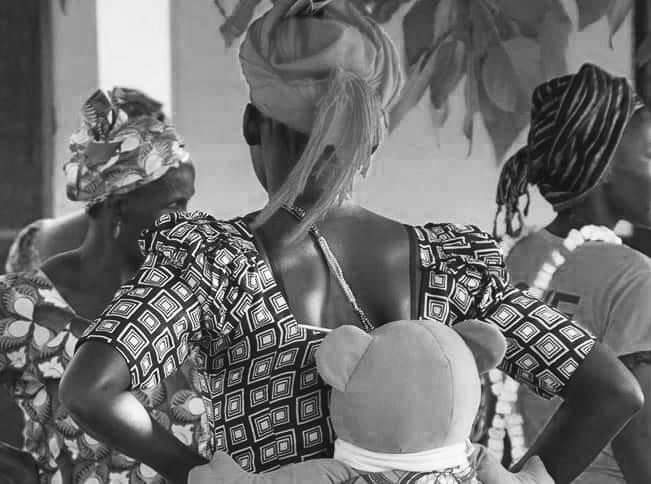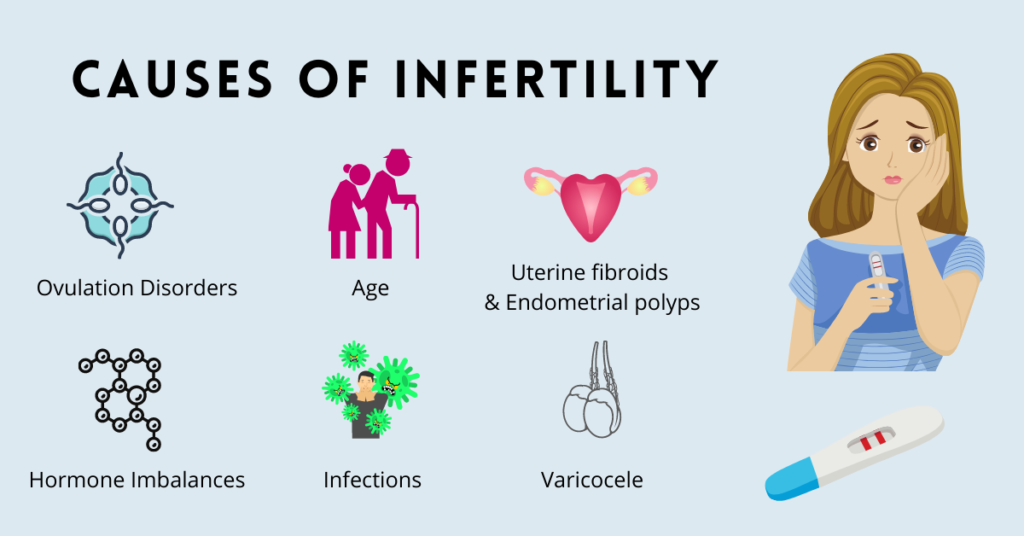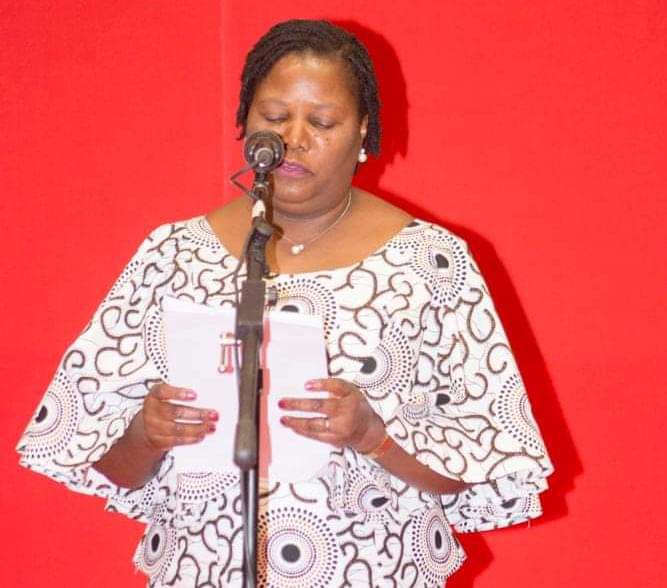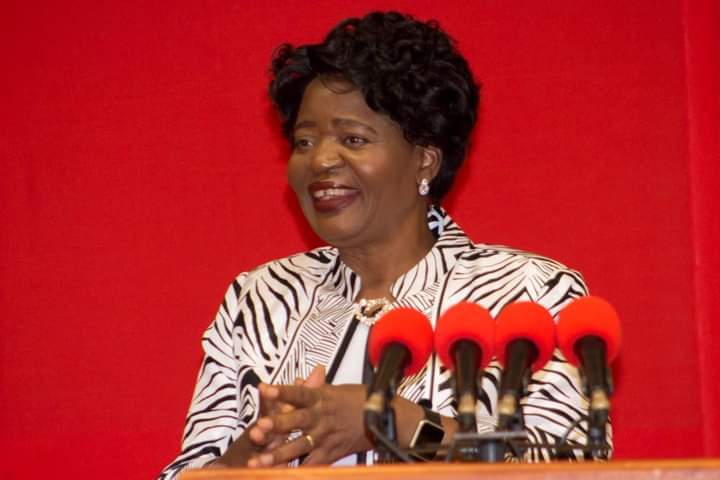By Thumbiko Nyirongo, Contributor

It is exactly 10:15 on a beautiful morning of September 25, 2017 at Bangwe Township in Blantyre; Josephine Siposi isolates herself, walks in her private chamber and tries to send-herself to an early grave; due to depression after her husband of 7-years ‘divorced’ her over her inability to conceive.
“My husband divorced me with another woman whom he impregnated; tired of being mocked and called names by my peers and relatives, l thought of ending my love.
“l locked up myself in a room; tired a rope on my neck ready to join my ancestors,” said a 38-year-old Josephine, who was saved by her mother who rushed to the room after hearing a strange sound.
As not enough, hours later Josephine hanged herself to a tree behind her mother’s kitchen, luckily the angel of death was far from her; she was saved again by the passers-by; one would say she was saved to testify someday.
“I then decided to hang myself on a tree; I took a rope tied it on my neck; but the next thing l found myself at village head court; surrounded by villagers; where l was asked as to why l decided to end my life,” narrates Josephine
Another woman who faced stigma due to infertility is Ethel Mwalija from Soche-Manje township in Blantyre, just like Joshophine; Mwalija failed to come to terms after her niece whom she raised for 17-years openly told her that she does not have authority over her since her womb is dry.
“After my sister passed one, l adopted her daughter; l treated her like my own. One day she misbehaved so l decided to whip her but she told me openly that ‘ndine osabereka si ndi ngamuwuze chochita’ (I don’t have authority over her since am barren),” says Mwalija before breaking into tears as she narrates her ordeal.
Both Josephine and Ethel are now swimming in new hope; as they are receiving special treatment and psycho-social counseling from medical experts from College of Medicine; who were trained under MAHE–Merck Foundation IVF Embryology training programme- which aims at changing attitudes towards infertility by empowering doctors and teaching advanced in-vitro fertility techniques.
However, the two women suggests to the authority to consider opening special health facilities across the country which will be treating women and men with infertility challenges saying the medical personnel maltreat them as some don’t take ‘infertility’ as a sickness.
“We need to have a special hospital which will be tackling issues of infertility because when we go in other hospitals we are told to wait for hours before being attended to as medical personnel focus much on other sicknesses,” they said in one voice
It is an open secret that most infertile women in Malawi and entire African region- where Children are regarded as wealth and possible heir to the thrones- faces stigmatization, mental distress, marital instability and domestic violence; the cases of Josephine and Ethel are just selected examples of women who are sobbing in silence.
Both men and women can be infertile, but the responsibility for infertility and child-bearing often falls more heavily on women; hence being the secondary victims of the discrimination and torture in the society.
Infertility has many serious psychological and social consequences, including social exclusion, verbal and physical abuse, and marriage breakdown.
A study conducted by Geneva Foundation for Medical Education and Research indicates that despite the increase in world population 10-20% of couples in the world suffer from infertility.
The study further says, In African countries such as Malawi the rate may be as high as 20-30% in some areas, and vary from region to region even within the same country.
According to a medical specialist in Sexual Reproductive Health from Blantyre District Health Office, Dr. Zaziwe Fatsani Gunda, there are a number of factors that contribute to infertile among men and women of child bearing age.

Abnormal sperm production, Ovulation disorders, Fallopian tube damage or blockage, Overweight, alcohol abuse and age (Women’s fertility gradually declines with age, especially in the mid-30s, and it drops rapidly after age 37.) being some of the notable factors preventing many from bearing children.
“Infertility may result from an issue with either you or your partner, or a combination of factors that prevent pregnancy,” says Dr. Gunda adding that: “Couples are advised to seek medical help whenever they fail to impregnate one another after several attempts.”
He pointed out that: “Infertility can be treated; and that people should stop seeing infertility as the end of the world. Doctors are ready to treat people with infertility.”
Adding her voice Dorothy Ng’oma a Safe Motherhood advocate said: “Adopting a child is the last option for couples who fail to conceive. You can adopt a child from a social welfare office and look after as your own child,”
Loma Mtema the Programs Manager for First Lady Monica Chakwera’s shaping the Future Foundation says Madame Chakwera, who is also Merck More Than a Mother- strong movement that aims to empower infertile and childless women through access to information, education and change of mindset, Ambassador in Malawi is committed in supporting infertility women.

Among others, Mtema says apart from supporting infertility women with capital to start small scale business; Malawi First lady through Merck Foundation has trained and will continue to train local doctors on issues of infertility.
“Madame Chakwera is committed in supporting infertility women in the country,” says Mtema adding the First Lady will see to it that infertility women are not subjected to any form of discrimination and gender based violence due to their condition.
In her acceptance as Ambassador for Merck More Than a Mother in October 2020, Madame Chakwera stressed that: “As a woman, this cause is very close to my heart. I will work in collaboration with our ministries to sensitize our communities, particularly in rural areas to better understand infertility hence to break the stigma around infertile women,”

Merck Foundation which is in partnership with Madame Chakwera and the ministry of health provides specialty training to Malawian doctors in various fields such as oncology, diabetes, fertility, embryology, respiratory care, acute medicines, sexual and reproductive medicines to transform the public healthcare sector in Malawi.
The partnership to many people especially women, who for long time have been subjected to psychological torture, is viewed as hope to the ‘hopeless’ infertile women in the country; indeed a Hope for ‘hopeless’ sub-infertile Malawian women.


